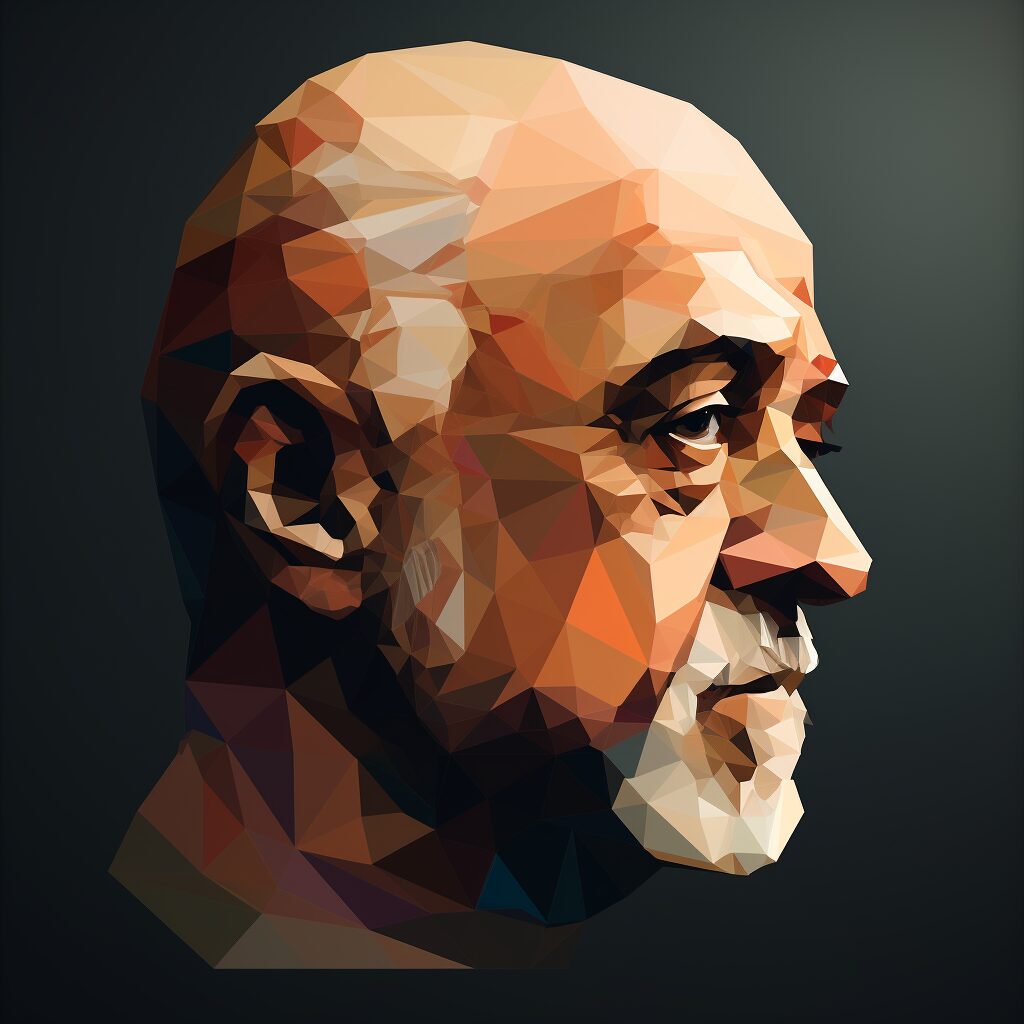John Gardner Quotes
- Author
- 1933
John Gardner (1933-1982) was an American novelist, essayist, and professor. He is best known for his 1971 novel Grendel, a retelling of the Beowulf epic from the monster’s point of view. He also wrote the popular James Bond continuation novels, including Licence Renewed (1981) and Role of Hono…Read More
John Gardner (1933-1982) was an American novelist, essayist, and professor. He is best known for his 1971 novel Grendel, a retelling of the Beowulf epic from the monster’s point of view. He also wrote the popular James Bond continuation novels, including Licence Renewed (1981) and Role of Honour (1984). Gardner’s other works include The Sunlight Dialogues (1972), October Light (1976), and The Art of Fiction (1983). He was a professor of English at Southern Illinois University and the University of Michigan, and was a strong advocate for the teaching of creative writing.Read Less
John Gardner (1933-1982) was an American novelist, essayist, and professor. He is best known for his 1971 novel Grendel, a retelling of the Beowulf epic from the monster’s point of view. He also wrote the popular James Bond continuation novels, including Licence Renewed (1981) and Role of Honour (1984). Gardner’s other works include The Sunlight Dialogues (1972), October Light (1976), and The Art of Fiction (1983). He was a professor of English at Southern Illinois University and the University of Michigan, and was a strong advocate for the teaching of creative writing.
9 Insightful John Gardner Quotes
John Gardner Career Highlights
- Gardner began his career as a professor of English at Southern Illinois University in 1958, where he taught until 1962.
- In 1962, he joined the faculty at the State University of New York at Binghamton, where he taught until 1978.
- During his time at Binghamton, Gardner published his first novel, “The Resurrection,” in 1966, which received critical acclaim and established him as a prominent figure in the literary world.
- In 1978, Gardner became a professor of creative writing at Chico State University in California, where he taught until his death in 1982.
- Throughout his career, Gardner published over 30 books, including novels, short story collections, and works of literary criticism.
- He also wrote several screenplays, including the adaptation of his novel “Grendel,” which was produced as a film in 1981.
Key Contributions by John Gardner
- Gardner’s most significant contribution was his novel “Grendel,” a retelling of the classic epic poem “Beowulf” from the perspective of the monster. The novel was praised for its unique and thought-provoking exploration of the human condition.
- He also wrote the influential book “The Art of Fiction,” which is still considered a must-read for aspiring writers. In this book, Gardner shares his insights and techniques for crafting compelling and meaningful stories.
- Gardner was a vocal advocate for the importance of moral and ethical values in literature. He believed that literature should not only entertain but also challenge readers to think critically about the world around them.
- As a professor, Gardner mentored and inspired countless students, many of whom went on to become successful writers and educators themselves.
What Sets John Gardner Apart
- Gardner’s writing style was characterized by his use of vivid imagery, complex characters, and philosophical themes. He was known for his ability to blend elements of fantasy and realism in his works, creating a unique and captivating reading experience.
- He was also a versatile writer, exploring various genres such as fantasy, historical fiction, and literary criticism. This versatility showcased his mastery of storytelling and his deep understanding of the human psyche.
- Gardner’s dedication to teaching and his passion for literature set him apart from other writers of his time. He believed that literature had the power to shape society and was committed to using his platform to promote meaningful and impactful storytelling.
Takeaways
- John Gardner’s career highlights and key contributions demonstrate his significant impact on the literary world. His works continue to be studied and admired by readers and writers alike.
- His emphasis on moral and ethical values in literature serves as a reminder of the importance of using storytelling to provoke critical thinking and promote positive change.
- Gardner’s legacy lives on through his books and the countless students he mentored, making him a timeless figure in the world of literature and education.






